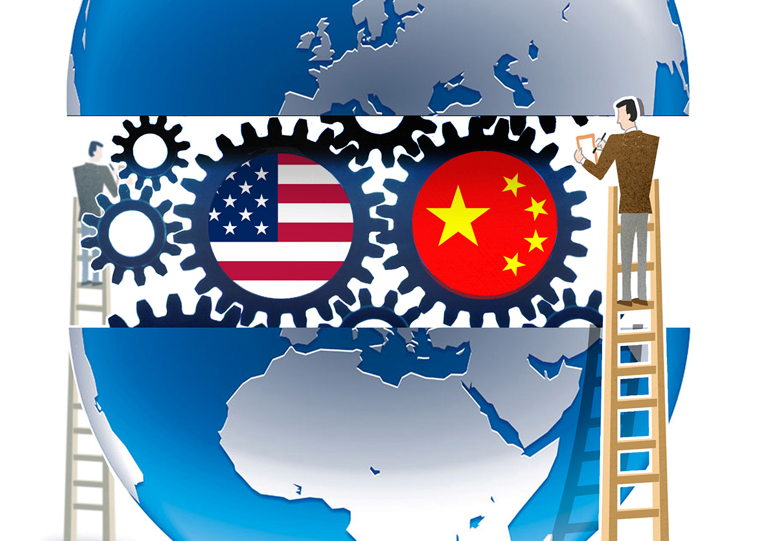Karen Mancl, Professor Emerita of Food, Agricultural & Biological Engineering, The Ohio State University, and Fellow, Woodrow Wilson Center for International Scholars
Jun 02, 2022
The advent of plastic mulch has electrified agricultural output globally, with China leading the way in its application. Sadly, plastic fragments are now heavily polluting China’s agricultural soils. New regulations within the 14th five-year plan set out to greatly restrict the use of the ultra-thin plastic and protect China’s soil.
Yu Xiang, Senior Fellow, China Construction Bank Research Institute
Jun 02, 2022
It’s a good time to reflect on lessons learned in the pandemic era and look beyond it. If we let things continue as they are, widening income disparities will inevitably promote political divergence, social polarization and vulnerability.

Zainab Zaheer, Development Consultant
May 06, 2022
Though DC and Beijing seem to be holding grudges, the state of California has been willing to collaborate with the Chinese government in the area of climate cooperation, and may show how U.S.-China ties can be improved outside of federal exchanges.
Leonardo Dinic, Expert in Geopolitics and International Business, the Future of Work, and Emerging Technologies
Mar 24, 2022
Rare earth minerals are well-known, but not well understood by the general public. The complex process needed to create green technology runs straight through China, exposing the U.S. to serious vulnerabilities in obtaining the necessary components for everything from smart phones to electric cars should relations ever turn cold.
Leonardo Dinic, Expert in Geopolitics and International Business, the Future of Work, and Emerging Technologies
Mar 17, 2022
As the war in Ukraine continues, the world is learning much about the global dependence on natural resources from Russia’s neighboring states - many of which are vital to “green technology.”
Ann Lee, Former visiting professor at Peking University
Feb 12, 2022
The global pandemic no longer holds the world hostage as it did in 2020 - yet it’s effects and deadly consequences are still present along with the lingering threat of war and economic collapse.

Matt Geraci, Research Associate, Institute for China-America Studies (ICAS); Manager, ICAS Maritime Affairs Program
Dec 22, 2021
Climate cooperation has been touted as an area of common interest for the U.S. and China - and the scientific work being done on the ground by scientists offers much to be shared between the two nations.
Mikaila Smith, J.D. Candidate at the University of Chicago Law School
Dec 03, 2021
Coming out of the COP26 Summit, focus was on Xi Jinping’s absence at the summit, rather than on the shortcomings of major global powers in mitigating climate change - including those whose leaders showed up.
Tom Watkins, President and CEO of the Economic Council of Palm Beach County, FL
Nov 29, 2021
Global leaders are meeting now in Glasgow in one of the world’s largest ever summits regarding the climate. It’s a rare opportunity for the U.S. and China to set aside their disputes and focus on a critical shared goal.
Tang Xinhua, Associate Researcher, Tsinghua University’s Institute of International Relations
Nov 18, 2021
China and the United States recently issued a joint declaration on climate action, bringing hope for one of humanity’s most pressing problems and adding momentum to the global low-carbon transition.
Back to Top

- China-US Focus builds trust and understanding between the U.S. and China through open dialogue among thought leaders.
- Our Offerings
- Topics
- Videos
- Podcasts
- Columnists
- Research Reports
- Focus Digest
- Stay Connected
-
Thanks for signing up!
- Get the latest stories from China-US Focus weekly.